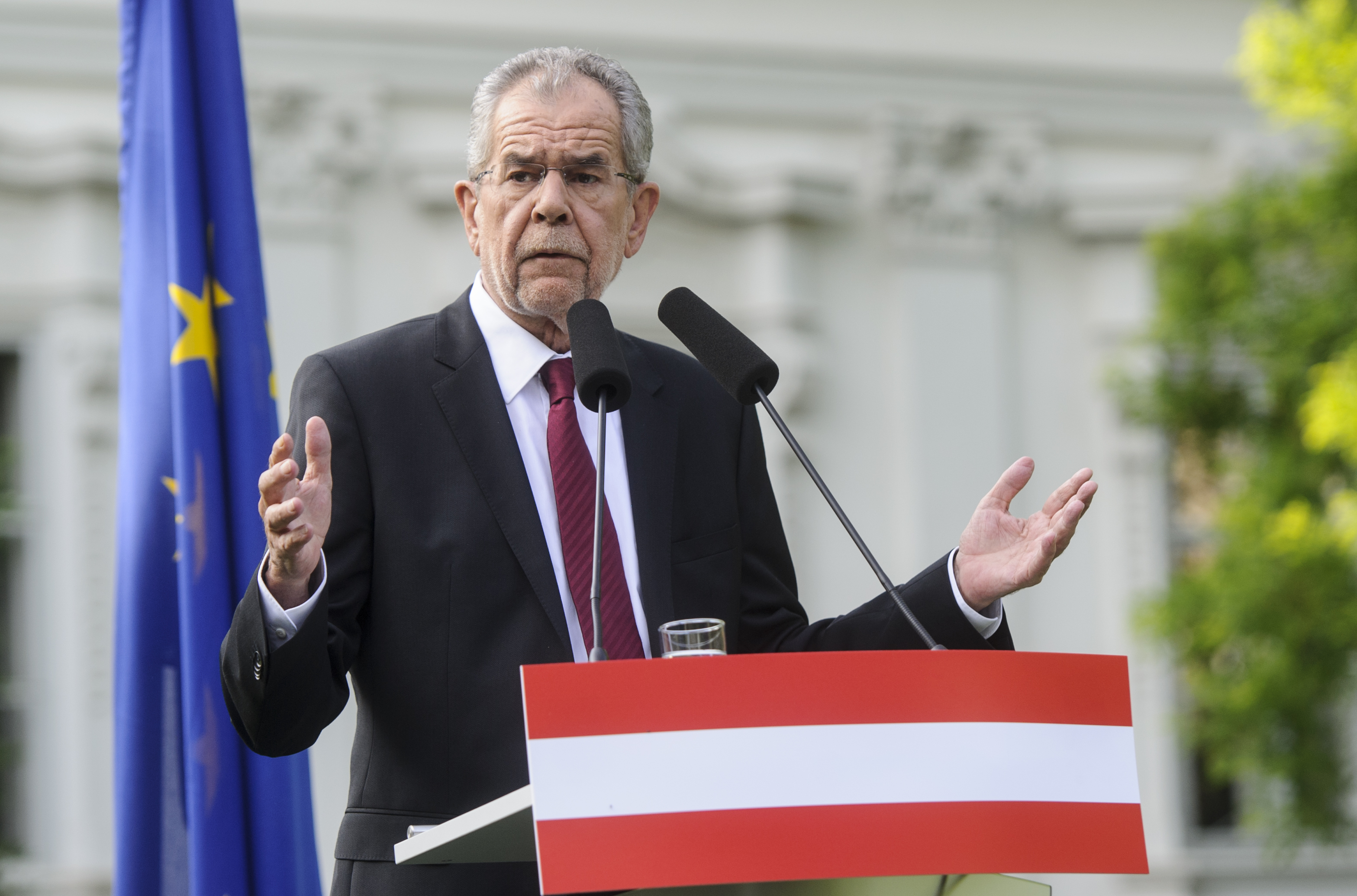Presidential elections
Narrow victory of the independent candidate over Norbert Hofer, leader of the Freedom Party. Public opinion divided in two, between nationalism and Europeanism, reception of migrants and xenophobic sentiments. The voice of the Church (“What unites, not what divides us, should prevail”) and the populist drift of part of the Catholic world. Which lessons for the Old Continent?

After global economy, after borderless Internet communication, we have reached the stage of the globalization of politics. So much so that the national election held in a “small” Country like Austria was in the spotlight throughout Europe and across the world. The reason is that the presidential elections, in which independent candidate Alexander Van der Bellen, former leader of the Greens, prevailed on the otherwise favourite candidate Norbert Hofer, leader of the Freedom Party, held the EU with bated breath, waiting to see if Austria, a country with a strong democratic tradition, could choose a federal anti-European President, with strong xenophobic traits. This time it was Austria, but the same focus was seen for example in recent elections – whether regional or national, political or presidential – held in Greece, France, Scotland, Spain, Poland, Germany … Now the focus, motivated by growing concern, is on the British referendum of June 23. Not to mention the situation on the opposite side of the Atlantic, where a candidate like Donald trump takes poll lead.
The world is interdependent, the consequences of major challenges faced by contemporary societies – that include the economic crisis originated in the United States and migration flows from Africa and the Middle East – impact Europe, stirring consciences while escalating fears and closures
are often used to their own advantage by short-sighted political classes, whose responses are nationalistic, simplistic and inconclusive.
As if building walls or turning a blind eye to global events could spare our backyard from the course of history.
As for Austria, Van der Bellen collected 50.3% of the vote at the second round, beating his opponent by a narrow margin of 31 thousand votes. The inclusion of postal votes – 900 thousand citizens, on 6 million entitled voters, availed themselves of this voting tool, including Austrian nationals living abroad – swung the outcome in his favour. The Country is clearly divided in two, as the new President underlined in wise terms: “Some have spoken of an alleged polarization. But me and Hofer simply represent two halves that make up this beautiful Austria, and both are equally important”, Van der Bellen promptly declared. He thus pledged, in his capacities as president, to mend the rift that divides the Austrian society deeply marked by the migration crisis, exploited in the election campaign by Hofer’s right-wing front. The same appeal was made upon the news of the election results by Cardinal Christoph Schönborn, archbishop of Vienna, president of the Episcopal Conference: “The new president must seek to unite the Country”, reaffirming “what unites more than what divides” Austria, showing that it is a “stable, free and prosperous Country”, open to ” Europe and to the rest of the world.” Some hanging questions remain. For the time being, Europeanist Austria prevailed by a narrow margin, but what will be the outcome of the popular vote in the election of the new parliament or in the even more consequential election of the new Chancellor? What will it be of traditional parties – People’s Party and Socialists –that had led the Country since the end of the war until their exclusion from the presidential run-off? In broader terms, which ruling party represents the Country today (with a strong economy, surging unemployment rates and a solid welfare state) and is capable of addressing its most urgent needs?
Another question involves the relevance of Catholicism, deeply rooted across the Country, from Innsbruck to Vienna, from Salzburg to Graz.
In this regard Gerda Schaffelhofer, President of the Katholischen Aktion Österreich (Catholic Action Austria), said that from a “Catholic perspective, presidential elections have been a disaster” if we consider that the votes to the populist candidate “were mostly cast in rural areas, notably those that strongly identify with the Church.” This statement that deserve further reflection with a close analysis of the election results, although objectively the Country has a large Christian majority, and half of the population has been allured by xenophobic claims and nationalistic closures. Moreover, should the questions raised today on the developments in Austria also call into question other European Countries – from Spain to Italy, from the United Kingdom to Central and Western Europe, from Germany to the Balkan and Nordic Countries – involving the respective Catholic, Evangelical and Orthodox communities?